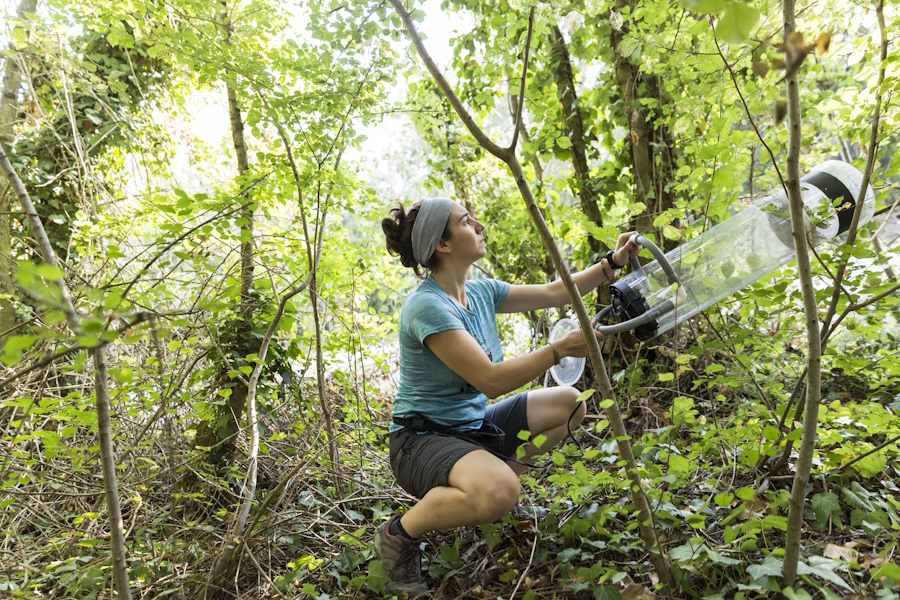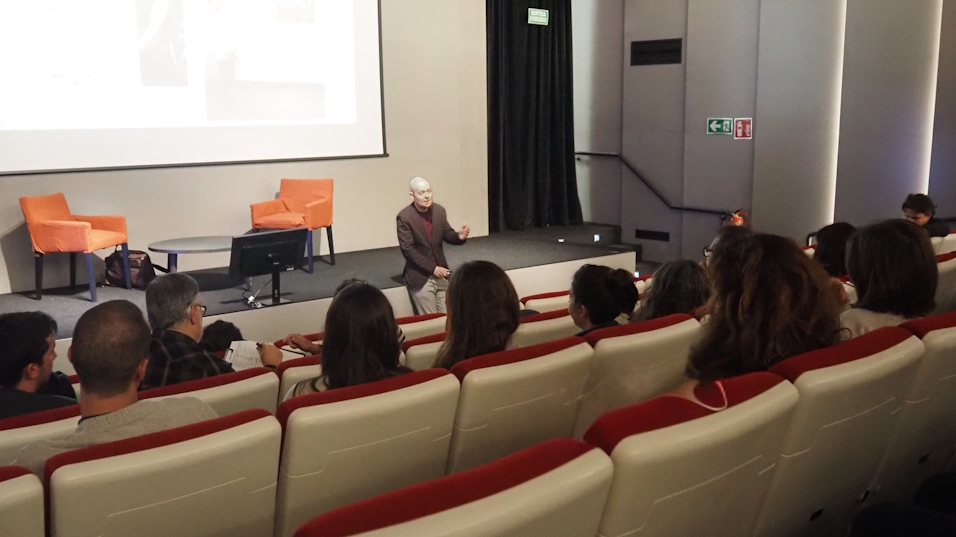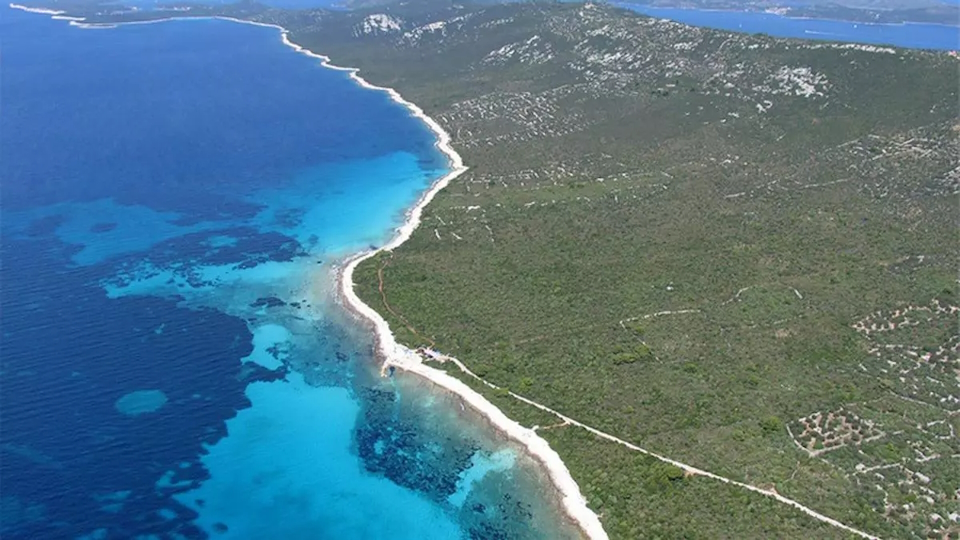2023 has been an exceptional year for CEAB, with great achievements in training, research, and collaborations. International taxonomy courses have been offered, attracting experts from across Europe, and CEAB researchers have secured significant European Union grants as well as international awards for their work in aquatic ecology and its social impact. Additionally, funding has been obtained to open an internationalisation office, which will facilitate CEAB’s participation in European projects.
The centre has maintained close collaboration with public and private entities, with more than 20 agreements and 40 service contracts, generating over 3.5 million euros. The communication team has played a key role in disseminating CEAB’s activities, achieving over 350 media appearances and participating in events such as Pint of Science and the European Researchers’ Night.
The increase in funding has brought new challenges, such as managing a high volume of new hires, acquisitions, and fieldwork, with over 1,500 documented field trips. To address this, an administrative reinforcement plan has been implemented to improve resource and project management at both national and international levels. Additionally, CEAB has achieved a record level of indirect cost recovery, which will help strengthen the centre’s structure further.
CEAB continues to grow and establish itself as a reference in environmental research.
Key highlights of 2023:
- 130 people are working at CEAB.
- A total of 130 scientific articles have been published.
- CEAB has 96 active research projects, agreements, and collaborations.
- 53.8% of CEAB’s staff are women.
- A total of 2 PhD theses have been defended.
- CEAB has over 4,500 followers on X and 1,500 on Instagram.
- A total of 60 news articles have been published on the CEAB website.
You can download the report aquí.






